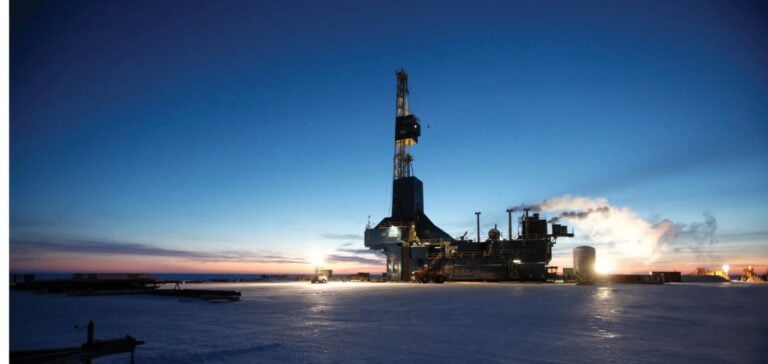On Friday, President Biden declared a ban on new oil development on more than 13 million acres in Alaska. This decision, he says, is about “responding to the urgency of the climate crisis, protecting America’s lands and waters” and honoring responsibilities to future American generations. This area, known as NPR-A, is rich in both biodiversity and resources.
Background to the decision
These regulations, proposed for September 2023, included a mandatory public consultation before being finalized. It blocks the awarding of new leases for the exploitation of hydrocarbons, thus reducing greenhouse gas emissions. The move comes as the Biden administration seeks to bolster its environmental credentials in an election year.
Mixed reactions
Reaction to the announcement was mixed. Environmental groups such as Evergreen and Earthjustice applauded the measure, underlining the particularly acute climate emergency in the Arctic. On the other hand, voices such as Senator Lisa Murkowski and the American Petroleum Institute have criticized the alleged negative impact on the local economy and national energy security.
Ecological and economic impact
The forbidden zone is home to polar bears, grizzly bears, caribou and migratory birds. Local communities depend on these resources for their livelihoods. On the other hand, the ban could affect state revenues and jobs in Alaska, exacerbating the debate between environmental protection and economic development.
Other environmental measures
The Biden administration also announced the blocking of a road project for mineral extraction, as well as new emission standards for vehicles. These initiatives show a renewed commitment to the fight against climate change, although previous decisions have sometimes shown compromises, such as the approval of the Willow project.
The Biden administration’s latest measures reflect an effort to balance environmental protection with economic development, while navigating the complex political landscape of the election year.






















